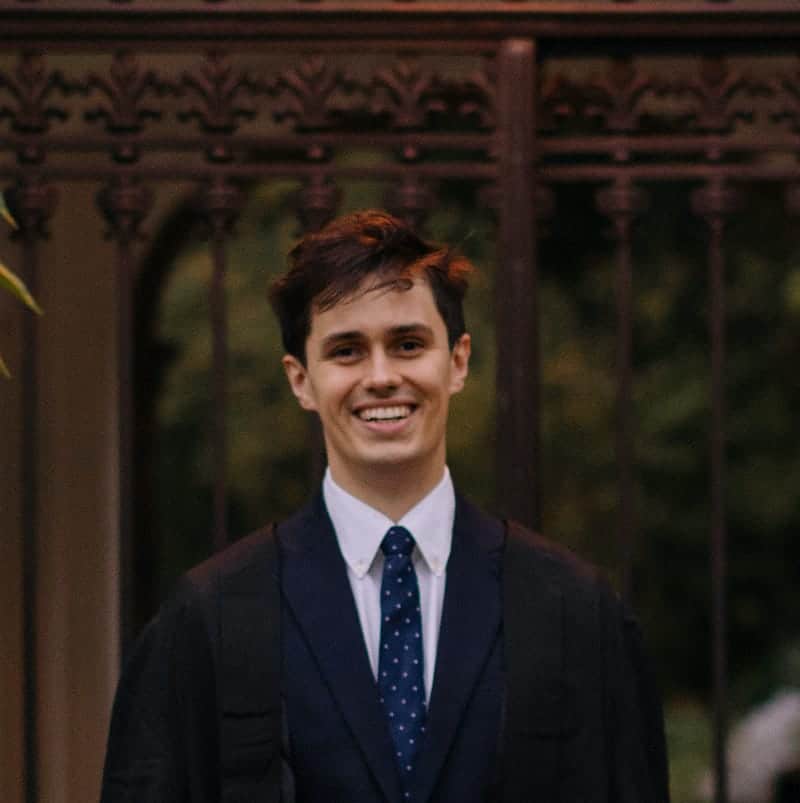Meet the winner -Felix Reilly

By the end of my master’s year, I’m really proud that I can point to two sets of people who have benefited from my time here as part of Enactus Cambridge. The team has used its debut year to set up a digital education project delivering small-group gaming sessions to disengaged students (the Renaissance Games); and created a project to bring together tech-savvy students and the elderly, aiming to reduce loneliness and improve digital skills (E-Pals).
I care about both of these because they are highlighting two groups often underrepresented in conventional non-profit work. Disengaged teenagers and motivated, but under-served older people tend to slip through the cracks of work by larger organisations, requiring targeted intervention.
We were founded in October 2020, so it is unsurprising that Enactus Cambridge’s first projects emerged from the context of COVID-19, combined with a specific skillset within our team. As two of the newest start-ups in the national Enactus ecosystem of over 100 teams, we were delighted to compete at the highest level, winning funding from two top-3 positions in competitions hosted by corporate sponsors SAP and ASDA.
I owe this progress to the work of an incredible team of more than 25 students. To name just our first executive committee, Maike Trenner, Nina Liepold, Meron Benti, Mariam Makramalla, Yulim Kim, Lena Waldemeier, Evelyn Chou, Belinda Ng and Giulia Meragalli have been essential to bringing these ideas to life. We were privileged to also have support from faculty, colleges, Enactus UK and a host of Cambridge-based organisations.
The process has come with huge challenges, namely the one that motivated us to act in the first place. COVID-19 made reaching vulnerable groups much more difficult, as conventional support systems were stretched to the brink by outbreaks, lockdowns and economic upheaval. The pandemic also emphasised the decentralised structure of Cambridge’s collegiate model, making fundraising more difficult, and meaning that we were never able to meet in person as a team.

Founding an Enactus team at Cambridge appealed to me as the organisation combine a focus on tangible action with access to a global community of over 70,000 similar students. I am very proud to have worked in a team that has created a sustainable society model that I believe will continue to create opportunity for Cambridge students to be involved in social action for years to come.
I think student teams are uniquely placed to address social problems, working backwards from social issues to identify solutions that work as intended, and are not driven purely by funding considerations. At Cambridge, this opportunity is improved by access to a world-class research environment, with established funding and support systems, as well as several similarly driven organisations. Our team has capitalised on this to host four social innovation events for Cambridge students, deepening our technical understanding of the realities of social innovation, and convening some amazing speakers.
It is easy to overemphasise the potential of a small group of students to combat systemic social issues, and it is easier to feel daunted by the challenge. However, I believe that social change relies on action in these circumstances, even when it feels uncomfortable. I hope that future cohorts of students will use Enactus Cambridge as an opportunity to direct their university experience towards creating genuine change. Based on my own experience this year, I have every faith that they will.
